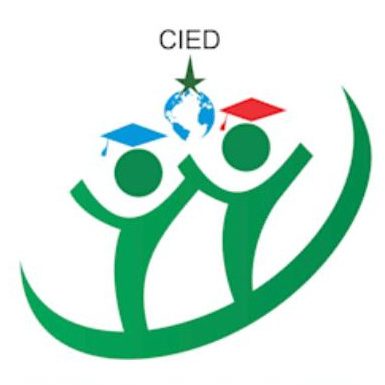 The Consortium for International Education and Development (CIED), New York is an independent, nonprofit organization. Through educational delivery systems, CIED engages in many cross-sectoral projects across the United States and Africa.
The Consortium for International Education and Development (CIED), New York is an independent, nonprofit organization. Through educational delivery systems, CIED engages in many cross-sectoral projects across the United States and Africa.
With a great reliance on its extensive international network, CIE operates as a facilitator and partner in a wide variety of training projects, publishes and disseminates scholarship and advances education through meaningful research, teaching, and service. CIED seeks to bring people and ideas together in a variety of events and platforms to promote and celebrate interdisciplinary study. Through educational delivery systems, CIED engages in many cross-sectoral projects across the United States and Africa. CIED’s unique platform facilitates discussion around specific subject areas, with the goal of generating new knowledge and understanding, forging, and expanding new international, intercultural, interdisciplinary research networks, and partnerships for the benefit of students, faculty, and institutional collaborations around the world.
CIED promotes academic collaboration toward solving the developmental challenges of African countries and regions of participating member institutions. Specifically, the consortium supports educational institutions in Africa to catch up with comparable institutions in the United States and Canada for the intellectual and professional growth of students and faculty. CIED provides international exchange programs for educational, professional, or cultural purposes and scholarship especially among Africans and disadvantaged students around the world.
Goals
- To foster and promote academic collaboration among institutions of Higher Education in North America and Africa for the purposes of addressing problems of economic and social challenges affecting historically disadvantaged peoples and developing countries.
- To improve overall scholarship for students and faculty as well funding opportunities for university education in the global South.
- To explore and develop new curricula aimed at addressing current and emerging challenges in the changing global education environment especially the workforce needs of students.
- To meet the increasing demands of employers for intercultural skills gained from studying abroad.
- To support the creation of joint degree programs between institutions in the US and Africa.
- To promote student exchange programs around the world
- To support the establishment of certificate programs that will lead to acquiring skills for self-employment such as certificates in IT, plumbing, designing, electrician, mechanics etc.
- To encourage joint faculty research and publications between US and African scholars
- To identify funding opportunities for programs in African universities
